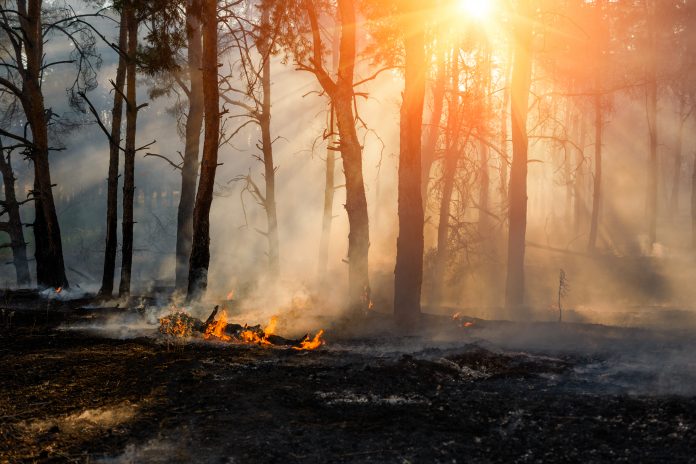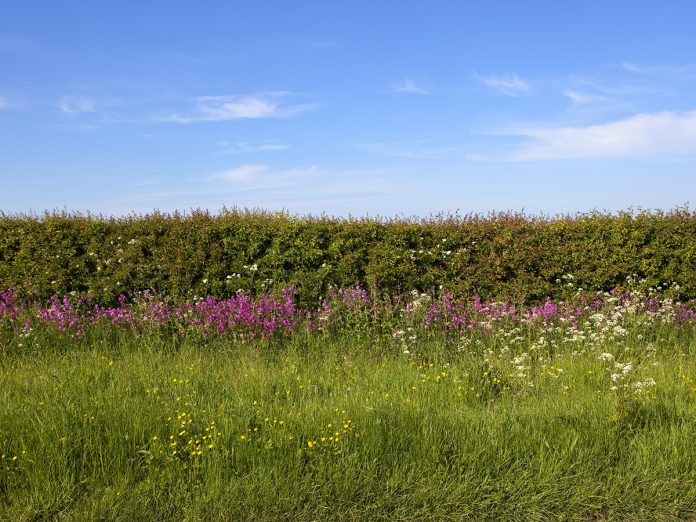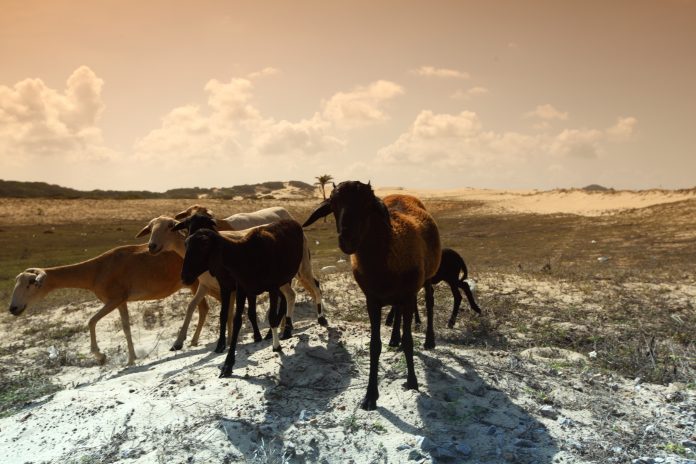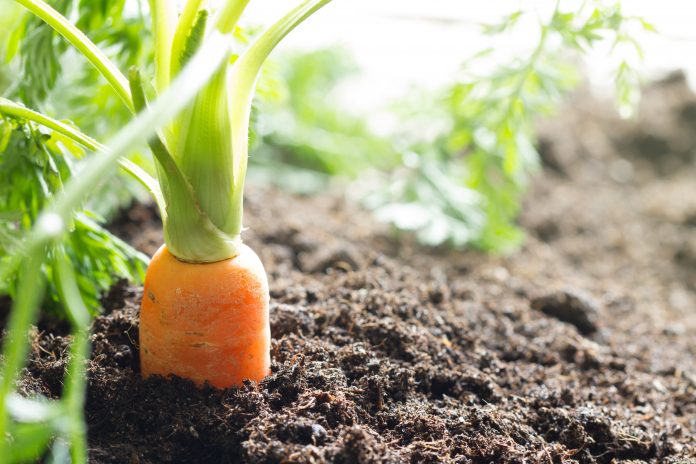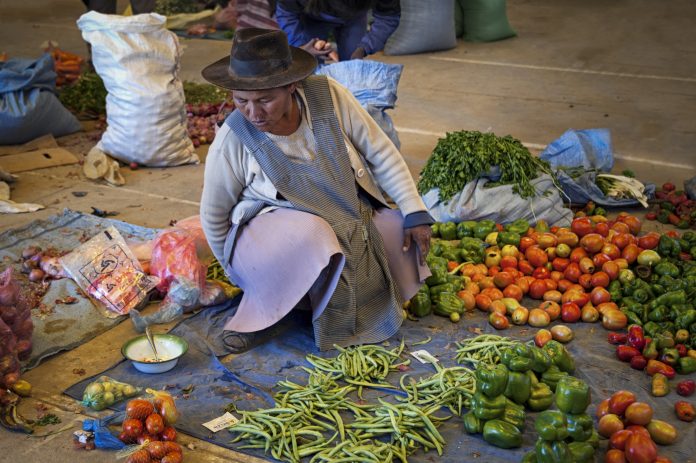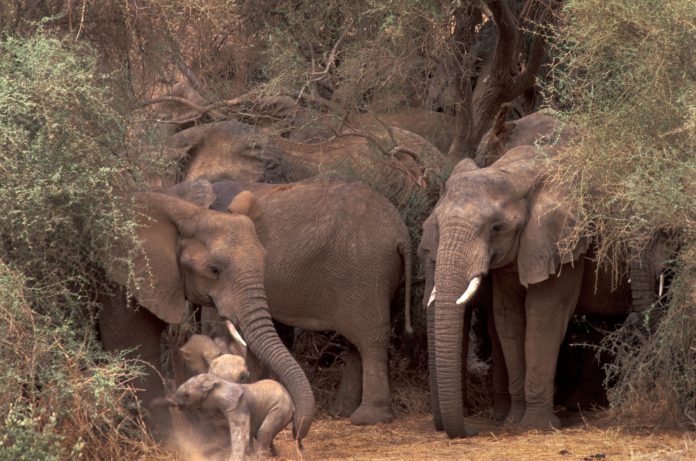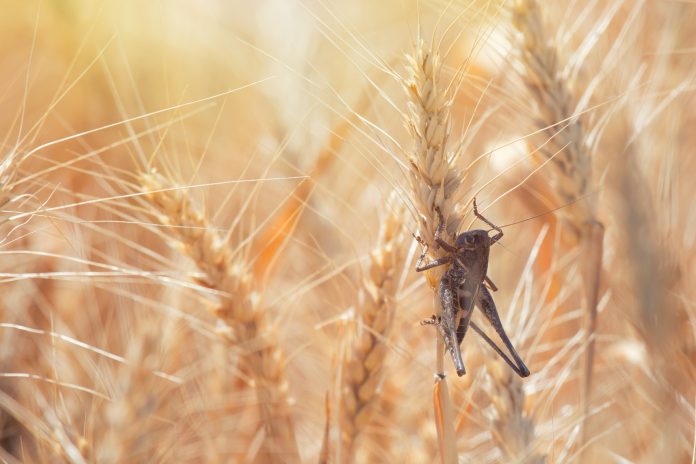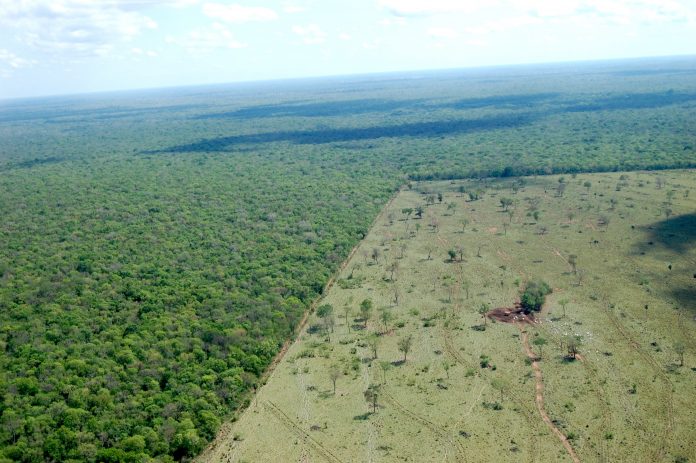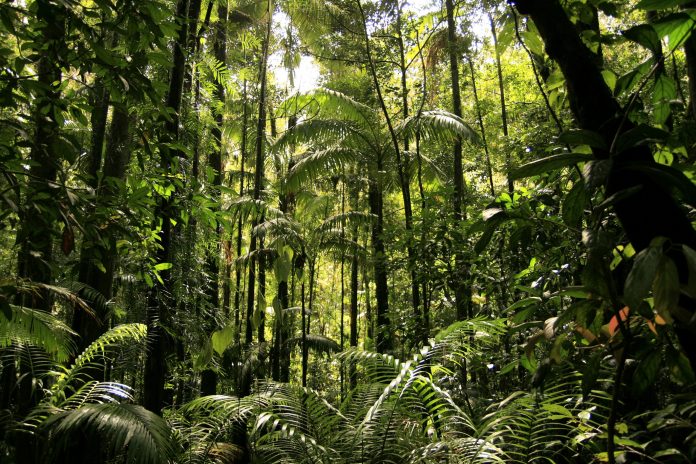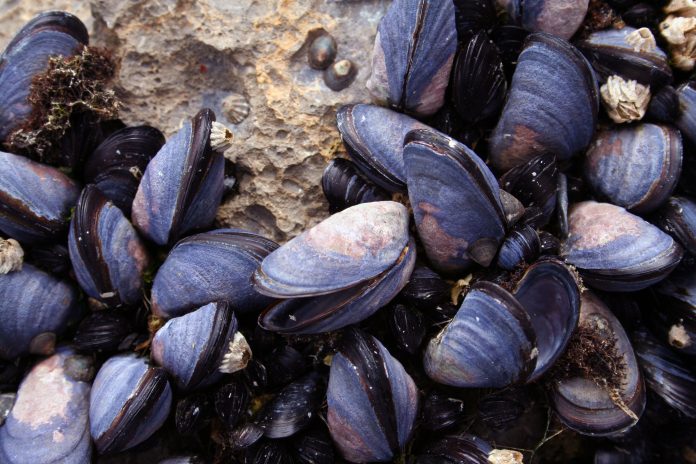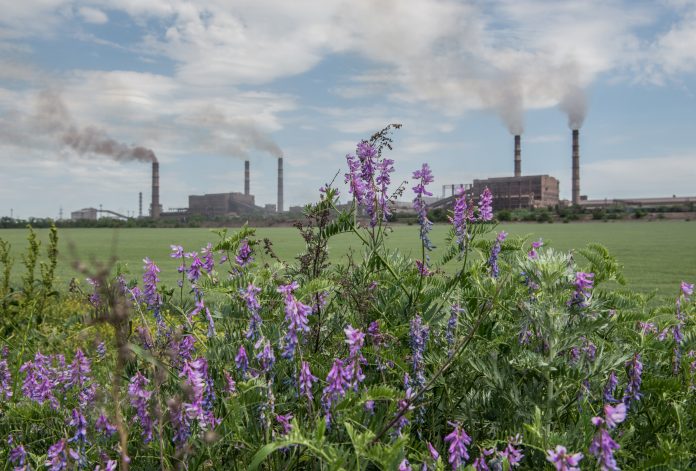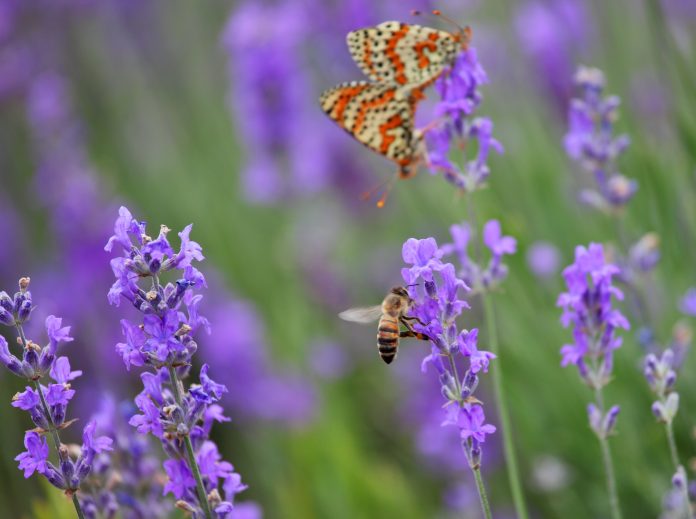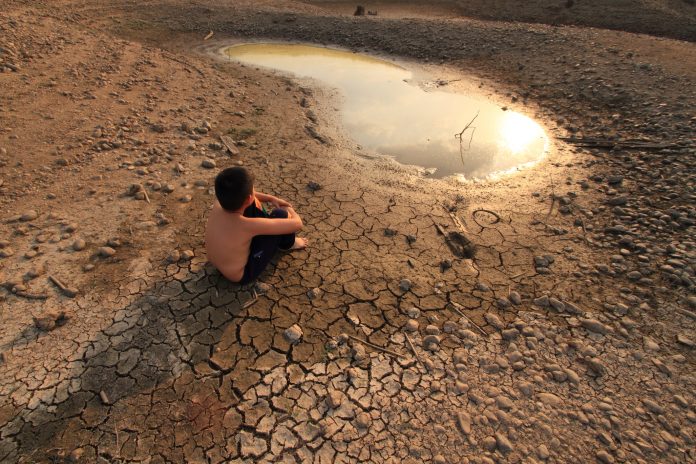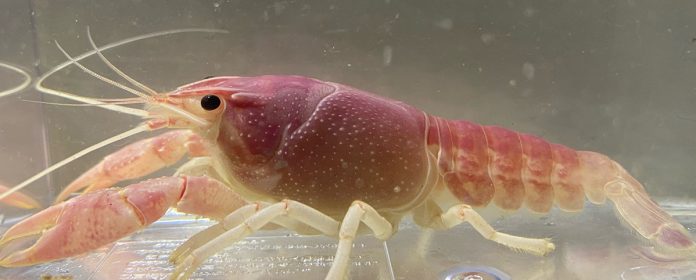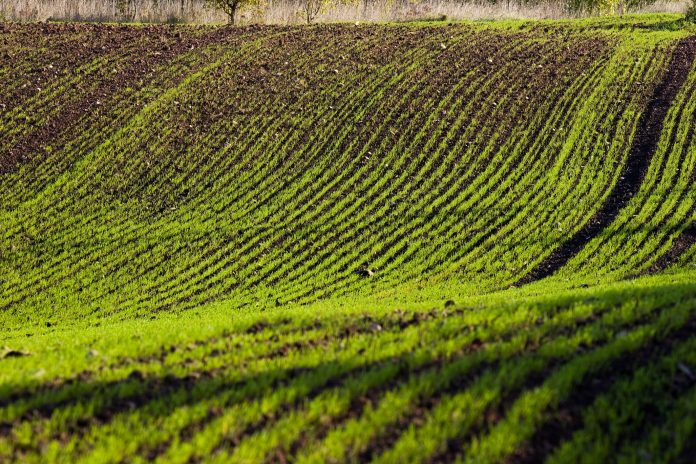Home Search
agricultural science - search results
If you're not happy with the results, please do another search
Forest microbes that can survive and even thrive from megafires
Research from UC Riverside finds that fungi and bacteria can survive redwood tanoak forest megafires – they can even increase in number after feeling the flames.
Restoring biodiversity: Ecological value of hedgerows
Laura Arneson Horn, Owner of the Wild Bee Project considers the ecological value of hedgerows, crop pollination by diverse wild bees and restoring biodiversity
The importance of animal health surveillance
Janeth George from SACIDS Foundation for One Health and College of Veterinary Medicine and Biomedical Sciences, details enhancing the effectiveness of animal health surveillance in Africa through a systems-based integrative research approach
Caretaking of soil organic matter and its far-reaching effects
Lynn Brandenberger, Professor of Horticultural Food Crops and Ajay Nair Associate Professor Extension Vegetable Specialist, discuss the importance of soil care for crop production, particularly when it comes to soil organic matter
Lowest global rates of dementia in Indigenous communities
The healthier pre-industrial lifestyles which Indigenous communities live by present solutions in preventing Alzheimer’s and dementia – as seen in their lower rates of the disease.
Chasing climate-ready glutinous rice for food security in Thailand and Laos
Professor Apichart Vanavichit, Director of the Rice Science Center offers insight into how the next generation of glutinous rice varieties are critical to food security in Thailand and Laos.
The value of nature
Recognising the complex, closely intertwined relationships between humans and nature can lead to better, more cost-effective decisions, outlines Susan Canney, Director of the Mali Elephant Project.
Eating insects: Sustainable crop growth with insect waste?
Plant ecologists suggest that people should be eating more insects and using the insect waste to grow crops, as it gives added nutrients to the soil we use.
Organismal contributions to changing climate
Zachary Senwo, PhD Professor, explores how organismal contributions can be used in the search for climate change solutions
Increased pressure on forests after peace agreements in Colombia
Periods of political conflict and peace in Colombia have been shown to lessen and increase deforestation, due to fluctuations in agricultural practices.
Natural regeneration can rapidly re-grow tropical forests
Allowing forests to naturally re-grow has been shown to be an effective strategy in tropical forests, reversing deforestation at a fast rate.
Some marine creatures protect each other from climate warming
Scientists reveal that some marine species are able to protect others from dangers of climate change by shielding them from heat
Scientists find there are 70% fewer pollinators, due to air pollution
Air pollution significantly reduces pollination by confusing butterflies and bees, lessening their ability to sniff out crops and wildflowers.
Reversing destruction of biodiversity should be top priority
Over 50 experts say reversing biodiversity loss will take take more than placing protection on land and sea zones.
Curtis R Youngs – Iowa State University
Dr. Curtis R. Youngs earned his PhD in Animal Science from the University of Minnesota (USA) in 1985. Currently, Dr. Youngs is the M.E. Ensminger Endowed Chair of International Animal Agriculture and Associate Director in charge of livestock and animal health programs for the Center for Sustainable Rural Livelihoods.
Professor...
Nature-based solutions for climate change: OPERANDUM project
Professor Silvana Di Sabatino, tells us about the H2020 funded OPERANDUM project as a nature-based solution for climate change adaptation
The OPERANDUM (OPEn-air laboRA-tories for Nature baseD solUtions to Manage hydro-meteorological risks) is a four and half year project funded by the European Commission within the H2020 programme that aims...
Water quality research in the U.S.
Water quality is an integral aspect of the overall research at Alabama A&M University, A Center of Excellence in Watershed Management - here, Dr Elica M. Moss details ongoing and upcoming projects in her Environmental Microbiology Lab
Nurdles: Tiny building blocks of consumer plastics & a growing environmental health threat
Pamela Lein, University of California, Davis, explains nurdles - tiny building blocks of consumer plastics & growing environmental threat
Utilisation of crayfish (Procambarus clarkii) in integrated inquiry activities
Kouji Takeda*, Masataka Jitsuno* and Yumie Akaishi** examine the utilisation of crayfish (Procambarus clarkii) in integrated inquiry activities, starting with current status in Japan.
Optical sensing in 21st-century precision crop management
Here, we find out about the research of Christian Nansen from UC Davis, Department of Entomology and Nematology in California concerning spectral repeatability – that is cracking the code to unleash optical sensing in 21st-century precision crop management.


